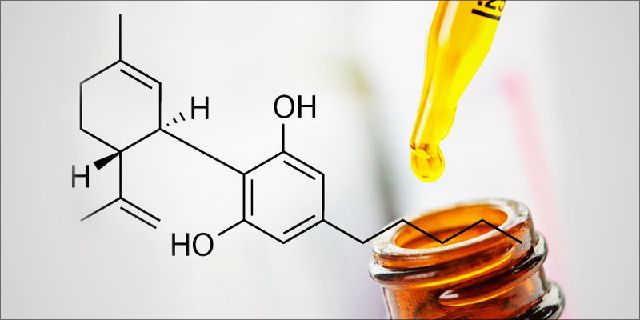DEA Extracts Code Has CBD Producers Worried

The DEA’s new code for “marihuana extract,” 7350, announced on Dec. 14, is causing alarm in the cannabis industry. A marijuana extract now defined as “containing one or more cannabinoids that has been derived from any plant of the genus Cannabis, other than the separated resin.” Cannabis resin (hash) will remain under the old code, 7360.
Extracts will share the same dreaded Schedule I controlled-substance category as marijuana and THC. While many interpreted this as a new rule that could result in a crackdown on CBD extracts, the agency was quick to clarify.
“We have not changed any control status with this Federal Register Notice,” DEA spokesperson Russ Baer told the Cannabist. “Everything remains Schedule I.” The new code is needed for better tracking and to adhere to a similar code within the 1961 Single Convention on Narcotics Drugs international treaty, he explained.
It doesn’t amount to a change in federal law, the whole kerfuffle illuminates the gray area surrounding CBD. Denver-based Hoban Law Group is suing the DEA on behalf of its cannabis clients. The law firm filed a petition in San Francisco’s Court of Appeals for the Ninth Circuit on behalf of the Hemp Industries Association, Centuria Natural Foods and RMH Holdings.
“The definition of marijuana—laid out in the CSA—excludes certain parts of the cannabis plant, so if CBD is extracted from those exempt parts, it would not, in fact, be classified as marijuana,” the firm’s managing partner Robert Hoban explained to the Rolling Stone.
Despite the DEA’s emphasis that no laws have changed, Hoban says some of his clients are already suffering due to the new code, including the maker of a hemp-infused beer that contains CBD. Whether the agency intended to or not, the move has sent a chill through the industry. In recent years, there has been increasing evidence of CBD’s efficacy for treating seizures, anxiety and other ailments.
Meanwhile, in October, the British Medicines and Healthcare Regulatory Agency decided to classify CBD products as a medicine. Due to official concerns about claims made by producers in an unregulated market, companies will have to demonstrate the safety and efficacy of their products.

